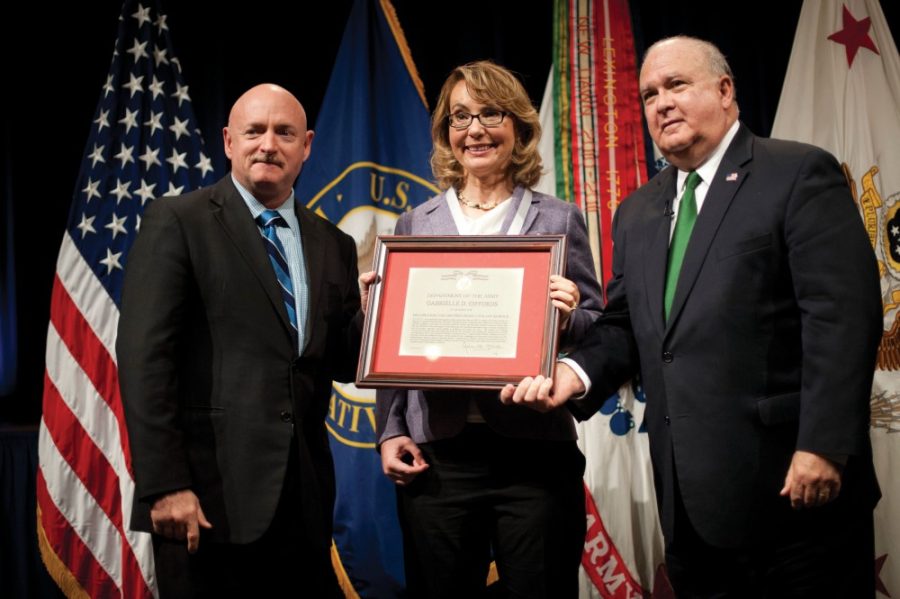American politics is ugly. Polarization appears to be on the rise and some argue civility is no longer possible or even necessary.
This election season, the National Institute for Civil Discourse, based at the University of Arizona, is working hard to change that, with the help of voters across the nation.
NICD has an ally in Pima County Democratic Party Chair, Jo Holt.
RELATED: President Donald Trump addresses crowd in Mesa, AZ
“Political civility is very important,” Holt said. “It is a critical component to serving the needs of the people.”
Holt is not alone. Many Americans do not believe the tone of their politics is headed in the right direction.
A poll conducted by CBS News in June of 2017 found that 93 percent of Americans believe that the tone and civility of U.S. political debate was either getting worse or not actively improving. In that same poll, 73 percent of Americans believed that the current tone of political debate encourages violence.
The political incivility present throughout national politics has a negative, trickle-down effect on state and local politics, according to Holt.
While politics in Tucson have remained civil, we see high levels of incivility at the state-level, starting with election campaigns, in Holt’s opinion. Holt pointed to Arizona’s senate race as an example.
“Martha McSally and Kyrsten Sinema are being particularly nasty to each other” Holt said.
Ted Celeste, director of state programs for the National Institute for Civil Discourse, sees a similar trend to what Holt observed, but at a national level.
“Incivility is on display in our national elections. Candidates are being nasty towards each other, making demeaning comments or even making up allegations,” Celeste said. “When other politicians see this model succeed, they adopt it themselves and suddenly, the entire country is using negative tactics to gain media attention.”
While individual candidates provide the most obvious examples of incivility in politics, political parties have also embraced incivility.
Celeste, who served as state representative of the 24th district in Ohio from 2007 to 2012, knows firsthand that no political party is above weaponizing incivility for political gain.
“There was a bill that I was trying to pass, while my party, the Democrats, had a majority. I had an influential Republican representative as my co-sponsor, but the Democratic party said I couldn’t do that … they didn’t want people to think that Republicans actually care,” Celeste said.
In this political climate, how can politics become more civil and politicians be encouraged to reached across the aisle?
Celeste believes he has a solution. Celeste wants candidates to step up and run positive campaigns, denouncing negativity both on the campaign trail and once in office.
For politicians, Celeste’s strategy is not always a recipe for success. For Celeste, his principles outweighed political expediency and voters responded.
“Citizens in my district consistently told me how refreshing it was to have someone run a campaign based in positivity,” Celeste said.
Celeste’s positive campaigns earned him three consecutive terms in the Ohio State House.
Celeste’s emphasis on civility and his work at NICD has yet to spread nationwide.
Thomas Volgy, a professor for the School of Government & Public Policy, believes the national media’s large appetite for negative rhetoric is a key reason for the persistence of incivility.
RELATED: What to expect at this year’s Coming Out Resource Week Fair
For civil discourse to truly make a comeback in politics, candidates, but more importantly voters, have to step up, Volgy said.
Tucson’s former mayor said citizens have to refuse to vote for political candidates, who actively utilize incivility in their campaigns, and stay involved in politics no matter how ugly it may become.
The path to civility in politics is not an easy one in America’s entrenched political situation, but the work of the NICD and others has made sure civility is a central issue in voters’s and politicians’s minds as they head to the polls in the coming weeks.
Follow the Daily Wildcat on Twitter









